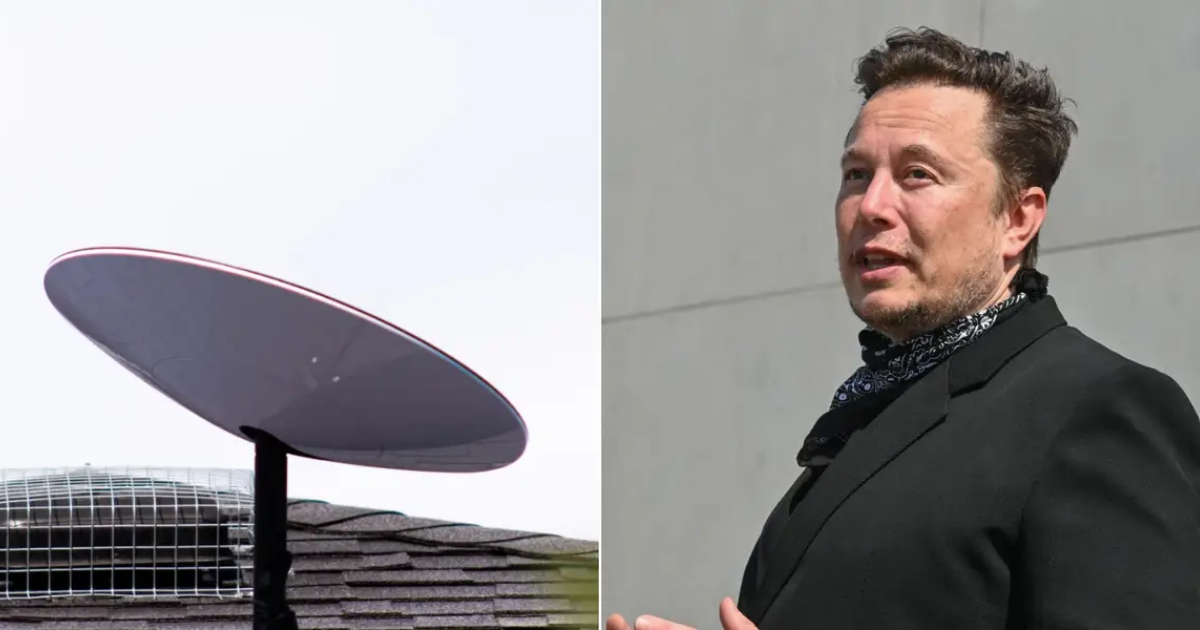Musk’s Starlink gets a nod to operate in Nigeria and Mozambique

Starlink which is powered by SpaceX whose experience in building rockets and spacecraft was deployed to build the world’s most advanced broadband internet system that provides high-speed, low-latency broadband internet across the globe, has received approval to launch its service in Nigeria and Mozambique.
The CEO of the company and Tesla billionaire, Elon Musk took to the microblogging site, Twitter to announce yesterday. The Nigerian Communications Commission (NCC) has since corroborated the claim, according to a report on Nairametrics,
The approval comes after a visit to Nigeria by the company’s team last year’s May to discuss the possibility of procuring a license. Star link currently has over 400,000 subscribers in over 36 countries around the world.
“First two countries in Africa with Starlink regulatory approval; Starlink is now licensed on all seven continents!” the world’s richest man said in his latest tweet.
“The company received two licenses, which include the International Gateway license and Internet Service Provider (ISP) license, and will be trading as Starlink Internet Services Nigeria Ltd. According to NCC, the International Gateway license has a 10-year tenure while the ISP license is to last for five years. Both licenses take effect from May 2022 and may be renewed after the expiration,” according to a report on Nairametrics.
Starlink is a low latency broadband internet system created to meet the needs of consumers in rural areas with low internet penetration across the globe. In simpler terms, it delivers super-fast internet via satellites to rural areas. It is theoretically capable of delivering 150Mbps internet speeds to any place on the planet. All the customer needs is a clear view of the sky.
There is no iota of doubt that its entrant will increase internet penetration in Sub Saharan Africa stands at %30 according to the World Bank report of 2020.
Starlink enters a Nigerian Internet service provider space that is dominated by telcos like MTN and Airtel, as well as individual ISPs such as Spectranet, SMILE, and others.
Aside from the availability, affordability is another concern because about 38.3 percent of Sub-Saharan Africans survive on less than $2 daily with an army of youth unemployment. When comparing Starlink’s price to the existing similar internet plans in Nigeria which cost an average of $50, Starlink is a more expensive option, going for $599 (~₦330,000) for a full kit, then a $110 (~₦60,500) for preorder and monthly subscription. Its premium service costs about $2,500 (~₦1.375 million) for the full kit and $500 (~₦275,000) monthly, with such a costly tag, one is forced to reconsider if Starlink is bringing much to the table for the internet users in these countries.
